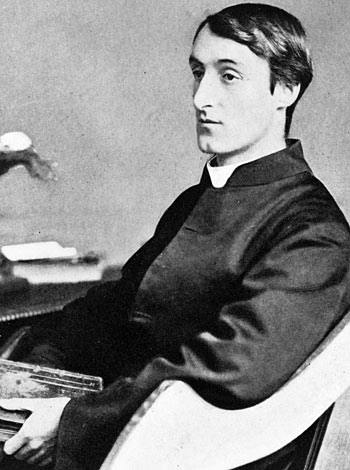 |
| William Blake |
Part of his enticement was
likely the nostalgia of his father who introduced him to Blake’s writing when
he was ten, but by the time he was sixteen Merton “liked Blake immensely” and
“read him with more patience and attention than any other poet.”[1] He was moved by the depth and power of
Blake’s words, especially because he could not quite figure him out.
Something about Merton was drawn
to the mystery of Blake, and I think that is carried on through his drive
towards the monastic life and Scripture in and of itself. He later acknowledged
his debt to him in The Seven Storey
Mountain, stating “through Blake I would one day come, in a round-about
way, to the only true Church, and to the One Living God, through His Son, Jesus
Christ.”[2] God utilized his appreciation for literature
– secular or Christian – to draw him nearer to Him.
His love for Blake did not cease
throughout his childhood, but rather held strong as he entered adulthood. While studying at Columbia, Merton decided to
write his thesis on Blake’s poems and fondly recalled “what a thing it was to
live in contact with the genius and the holiness of William Blake that year,
that summer, writing the thesis!”[3] Merton appreciated Blake’s deepness in
thought and verse, acknowledging his imperfections as characteristics of his
talent.
Through his studies, he came to
the revelation that Blake “had developed a moral insight that cut through all
the false distinctions of a worldly and interested morality.”[4] He consistently discovered new meanings
behind Blake’s words. In his earlier
secular journals, Merton wrote how Blake once told someone his poems were
dictated by the angels. He responds by
stating that “we have to be very careful and guard our position against
anything above that – angels, or God.”[5] Though this was before his conversion, Merton
still wrestled with such thoughts of writers he appreciated, attempting to come
to a conclusion himself.
 |
| "The Poet's Dream" - William Blake |
As he did with Gerard Manley
Hopkins, Merton attempted to figure out the man behind the words. He wanted to figure out what he believed and
preached and how that was applicable to his own life. “The key to Merton’s attraction to and
treatment of William Blake lies in identifying in the life of Blake.”[6] Because Blake was drawn to Catholicism
through Dante’s writings, recognizing it as “the only religion that really
taught the love of God,”[7]
Merton recognized that truth that could be found through literature. Studying Blake’s life also allowed him to see
a change in his demeanor after conversion where he died with “great songs of
joy bursting from his heart.”[8] Such a strong desire burned within Merton as
well, who became more aware of the need for faith in his own life. Of him, Merton states, “I think my love for
William Blake had something in it of God’s grace. It is a love that has never died, and which
has entered very deeply into the development of my life.”[9] Pieces of Blake’s writing is even scattered
throughout The Seven Storey Mountain,
further exemplifying how much of an influence he had on Merton.
[1]
Merton, Seven Storey, 95.
[2]
Merton, Seven Storey, 97.
[3]
Ibid, 207.
[4]
Ibid, 222.
[5]
Thomas Merton, Secular Journal of Thomas
Merton (New York: Farrar, Straus & Cudahy, 1960), 5.
[6]
David D. Cooper, Thomas
Merton's Art of Denial: the Evolution of a Radical Humanist (Athens:
University of Georgia Press, 2008), 100.
[7]
Merton, Seven Storey, 208.
[8]
Ibid.
[9]
Ibid, 94.



.jpg)


